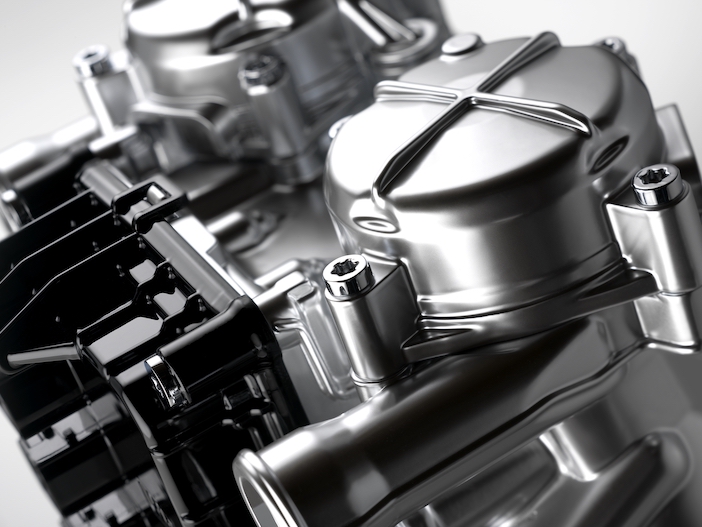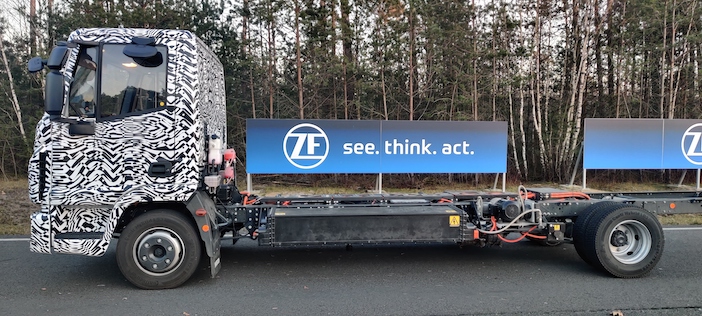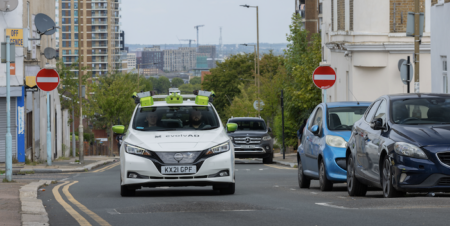Tevva, a UK-based electric vehicle manufacturer, has completed the development of the regenerative braking system on its 7.5t battery-electric truck. Part of the development programme involved working with ZF, a global Tier 1 supplier, to integrate its Electronic Brake System (EBS) for use in zero-emission Tevva electric trucks.
ZF’s Commercial Vehicle Solutions (CVS) division supplies vehicle motion control, integrated safety, automated driving, and electric mobility systems to the commercial vehicle industry. ZF worked with Tevva to adapt its EBS for deployment in the Tevva 7.5t battery electric vehicle, which uses a blend of regenerative and compressed air brakes to add an extra layer of driving safety and responsiveness.
Tevva’s engineers were tasked with meeting a range of stringent testing criteria for the truck, working on fine-tuning its vehicle control unit (VCU) and enhancing its compatibility with the EBS. The result is a system that the companies say recuperates up to four times more energy than a conventional compressed air brake system, optimising the range of the Tevva truck. Testing of the adapted system, which took place at the ZF test track in Jeversen, Germany, involved a variety of conditions, gradients and surface types.
Technological advancements allow a modern EBS system to control the blending of friction braking with the e-motor, reducing brake wear and tear. The Tevva system transfers the driver’s deceleration request electronically to all braking system components in order to shorten response times, balance brake forces, and provide ease of braking and efficient brake management.

Uzair Jilani, lead engineer for drive and brake systems at Tevva said of the project: “We have worked hard to secure a ringing endorsement from arguably one of the world’s most significant Tier 1 suppliers. Working with ZF is a crucial step in the momentum we are building as a truck manufacturer. The system has been adapted for use with our regen system; when the brake pedal is pushed, most of the ‘braking’ is handled by regen, meaning that the drive system slows the vehicle down.
“The conventional braking system is still needed to bring the truck to a complete stop, but this double layer of safety is an excellent aid to more efficient driving. It also means that the hardware undergoes less strain to extend the braking system’s life in the long run.”
Mass production of Tevva’s 7.5t battery-electric vehicle (BEV) began this year at the company’s facility in London, UK. This model will be followed by a 7.5t hydrogen-electric truck, with a hydrogen range-extender that enhances vehicle range to 354 miles (570 km). The Tevva BEV offers up to 140 miles (227km) from its 105-kWh battery on a single charge, making it suitable for last-mile and urban delivery fleets.





